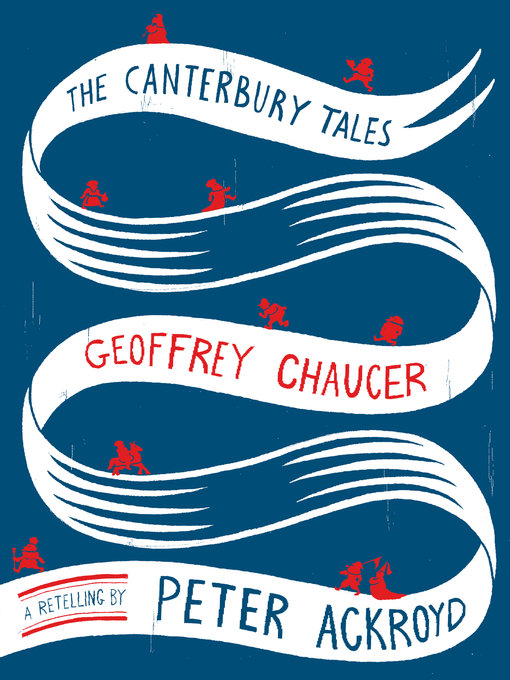Renowned critic, historian, and biographer Peter Ackroyd takes on what is arguably the greatest poem in the English language and presents the work in a prose vernacular that makes it accessible to modern readers while preserving the spirit of the original.
A mirror for medieval society, Chaucer’s Canterbury Tales concerns a motley group of pilgrims who meet in a London inn on their way to Canterbury and agree to take part in a storytelling competition. Ranging from comedy to tragedy, pious sermon to ribald farce, heroic adventure to passionate romance, the tales serve not only as a summation of the sensibility of the Middle Ages but as a representation of the drama of the human condition.
Ackroyd’s contemporary prose emphasizes the humanity of these characters—as well as explicitly rendering the naughty good humor of the writer whose comedy influenced Fielding and Dickens—yet still masterfully evokes the euphonies and harmonies of Chaucer’s verse. This retelling is sure to delight modern readers and bring a new appreciation to those already familiar with the classic tales.




